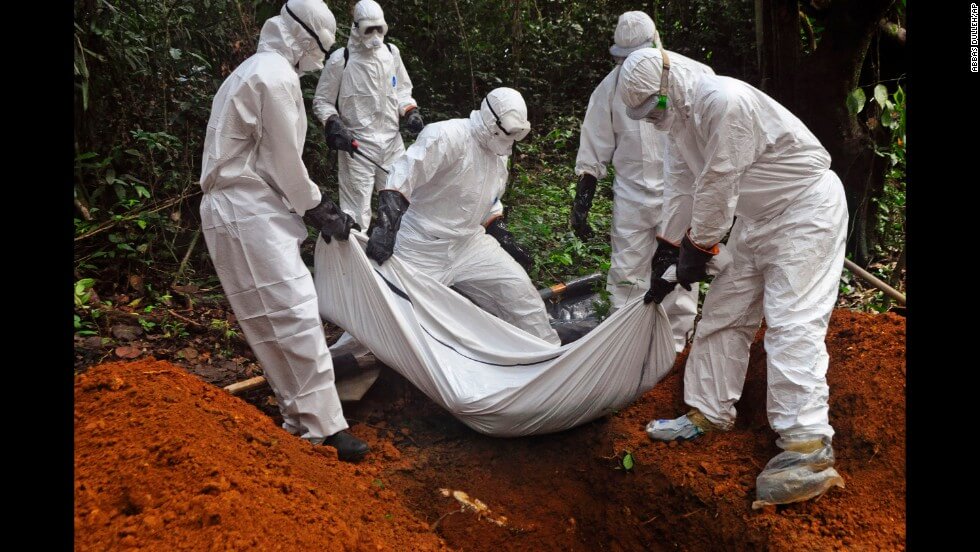The latest outbreak of the Ebola disease in DR Congo has officially been declared over, according to the World Health Organisation (WHO) on Monday.
The organisation said that the outbreak affected the north-western Équateur province, with the first case recorded there on April 23.
Advertisement
It said that in total, there were four confirmed cases and one suspected case, all patients died of the disease.
In a previous outbreak in the province between June and November 2020, a total of 130 cases were detected and 55 people died.
However, the latest outbreak was the 14th recorded in the country of 90 million since 1976, six of which have occurred since 2018.
Between 2014 and 2016, the largest-ever outbreak of the disease took place in West Africa with more than 11,000 deaths.
Advertisement
Ebola infection often leads to high fever and internal bleeding and is life-threatening.
Dr. Matshidiso Moeti, WHO Regional Director for Africa. said “Thanks to the robust response by the national authorities, this outbreak has been brought to an end swiftly with the limited transmission of the virus”.
“Crucial lessons have been learned from past outbreaks and they have been applied to devise and deploy an ever more effective Ebola response.”
The Ebola outbreak had a total of 2,104 people vaccinated, including 302 contacts and 1,307 frontline workers. An ultra cold chain freezer that allowed for vaccine doses to be stored locally and safely to be delivered effectively was installed in Mbandaka to help ease the vaccination rollout.
“Africa is seeing an increase in Ebola and other infectious diseases that jump from animals to humans impacting large urban areas,” said Dr. Moeti. “We need to be ever more vigilant to ensure we catch cases quickly. This outbreak response shows that by bolstering preparedness, disease surveillance, and swift detection, we can stay a step ahead.”
Advertisement
WHO supported the Democratic Republic of the Congo in enforcing a strong national approach developed early to guide response coordination; decentralizing operations to the lowest level to work closely with communities; basing the response on evidence, and regularly analyzing the epidemiological risk to rapidly adjust the response.
Although the outbreak in Mbandaka has been declared over, health authorities are maintaining surveillance and are ready to respond quickly to any flare-ups. It is not unusual for sporadic cases to occur following an outbreak.
The disease, which affects humans and other primates, is severe and often fatal. but with the currently available effective treatment, patients have an extremely higher chance of survival if they are treated early and given supportive care. Case fatality rates have varied from 25% to 90% in past outbreaks.



